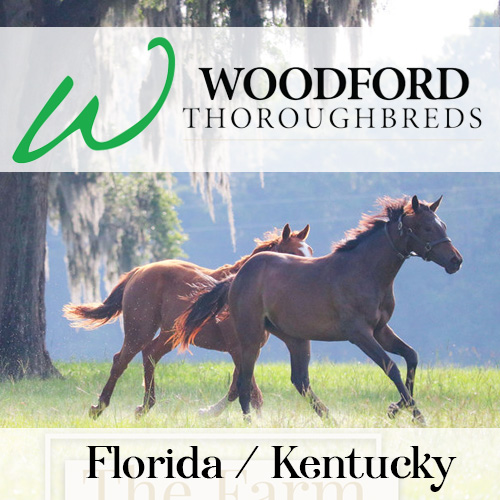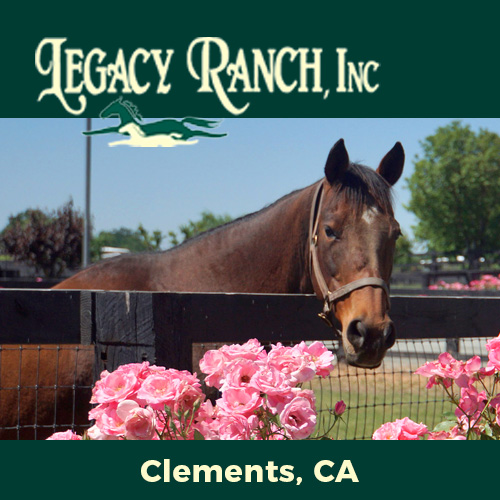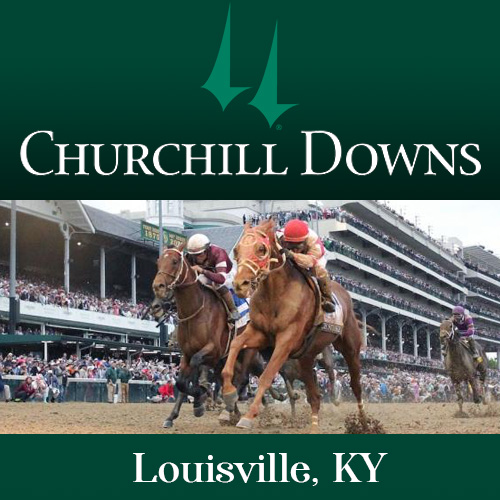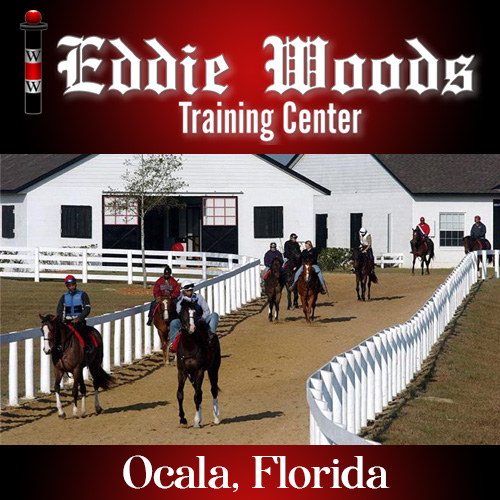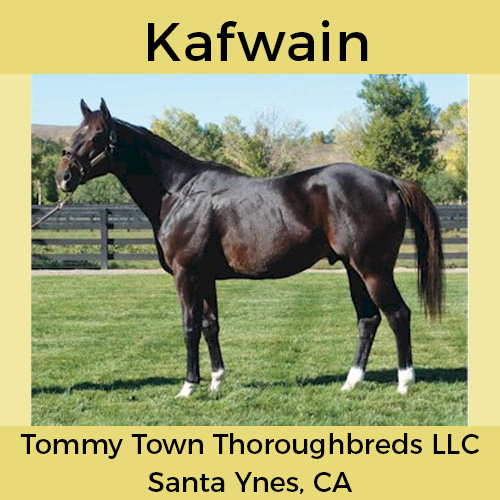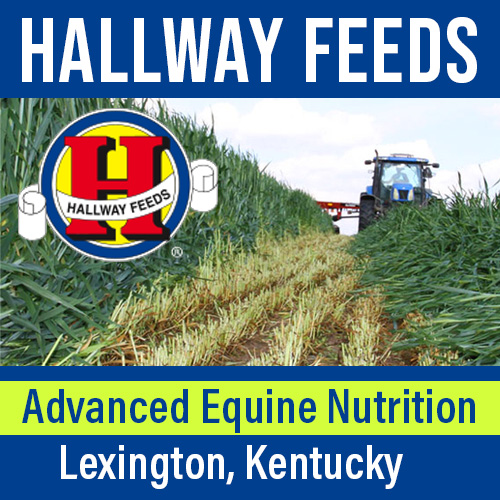Fasig-Tipton’s July Sale: Crunching Numbers and Young Guns
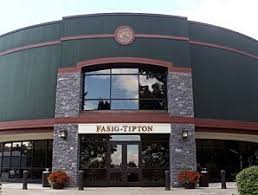 The big news from the Fasig-Tipton July Sale, the premier yearling sale of 2019, was Darley at Jonabell’s and Winstar’s freshmen sires, a newly monetized Ken McPeek, and a very high RNA rate, withdrawal rate, and private sale rate. The latter three indicate that consignors and owners didn’t understand the market, and had false optimism for growth from 2018 that did not materialize.
The big news from the Fasig-Tipton July Sale, the premier yearling sale of 2019, was Darley at Jonabell’s and Winstar’s freshmen sires, a newly monetized Ken McPeek, and a very high RNA rate, withdrawal rate, and private sale rate. The latter three indicate that consignors and owners didn’t understand the market, and had false optimism for growth from 2018 that did not materialize.
As well, because this is a select sale, meaning that Fasig-Tipton operatives comb the country, seeing every yearling that passes the initial pedigree screening, one must question whether the 364 yearlings catalogued were up to snuff in terms of what buyers were looking for. It would seem, therefore, that owners, consignors and the sales company itself had false belief in the growth of the yearling market, probably due to successful two-year-old in training sales indicating strength in pinhooking which did not lend itself to a more successful yearling market. There are, of course, the majority of yearlings remaining to be sold, at Saratoga in August and at Keeneland in September, but one looks for trends in the marketplace from the July sale, and these trends usually continue.
Numbers tell part of the story. There was a 32.6% RNA (reserve not achieved) rate at the sale, while a 20-25% rate is considered the norm, though even 25% seems high, indicating a full fourth of owners and consignors miscalculated the worth of their offerings. There were 64 withdrawals from the sale, though this statistic is harder to analyze, as yearlings, the teenagers of the horse market, are undoubtedly the most apt to hurt themselves playing and running. You can’t wrap them in bubble wrap once Fasig selects them, and keep them in a stall thus wrapped until July. Plus, yearlings spending long periods of time in stalls, together in barns, being sales prepped, also tend to get illnesses which quickly spread throughout a yearling barn, necessitating withdrawal.
The other intangible is that Fasig examines the yearlings early in the year for the July catalogue, and some that look spectacular in February or even March enter an awkward stage by July, or simply don’t grow as predicted, and owners and consignors make a wise choice to give such a baby more time, entering it instead into Keeneland September or Fasig October. Whatever the reason, a near 18% withdrawal rate must be considered significant, especially when added to the near 33% RNA rate. The other statistic that must be considered is that, at this sale, only 14 yearlings sold for over $200,000, down from 24 in 2018.
If you study the results, as well, you will be surprised by the number of yearlings noted as PS, that is, private sale. This means that the owners/consignors set an unrealistic reserve that was not met, brought their babies back to the barn, and a buyer went back to the barn as well and made an offer, under that reserve, that the owners/consignors then accepted—a true reality check. There were 34 such private sales, and though statistics aren’t kept or offered for this, as it is considered, in sales results, as simply another sale, this brings the number of significant incorrect appraisals of a yearling’s worth up to 132, which in a sale that only ended up offering 300 yearlings, is significant, at a whopping 44%.
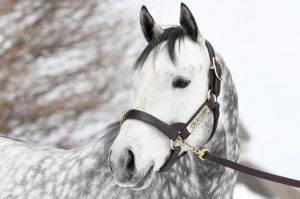 Now for the good news. The Fasig-Tipton July Sale is the first indicator of another trend: which freshmen sires look the most promising to buyers. Though a buzz about the first crops of certain freshman sires begins when the babies hit the ground, the July Sale is the true, initial barometer of that buzz that can be quantified, and Darley at Jonabell and Winstar Farm were the big winners.
Now for the good news. The Fasig-Tipton July Sale is the first indicator of another trend: which freshmen sires look the most promising to buyers. Though a buzz about the first crops of certain freshman sires begins when the babies hit the ground, the July Sale is the true, initial barometer of that buzz that can be quantified, and Darley at Jonabell and Winstar Farm were the big winners.
Frosted, who stands at Darley, was always a drop-dead gorgeous horse, my Kentucky Derby pick that year because of his speed and handsomeness, and he did earn nearly four million dollars, as well as winning the Grade One Wood Memorial, Whitney and Metropolitan, and had the misfortune to enter the Triple Crown races in American Pharoah’s year, justifying his $50,000 stud fee when he went to stud in 2017. Mare owners who were willing to pay that fee were rewarded at the July Sale, as Frosted was the leading freshman sire with an average of $229,000.
Following close behind was Darley’s other star freshman, Kentucky Derby-G1 winner Nyquist, who stood for $40,000 in 2017, after a career that earned him more than five million dollars, with his other Grade One wins coming in the Breeders’ Cup Juvenile, the Del Mar Futurity, the Frontrunner, and the Florida Derby—this was a serious race horse. Plus, he was a chip off the old Mo—he inherited his sire’s good looks, musculature and size. Uncle Mo may be the most impressive-looking stallion standing in the Bluegrass, and clearly many breeders who could no longer afford good old dad went to Nyquist, and were rewarded. Nyquist’s average yearling price was $153,000.
The other standout freshman sires were Runhappy, who stands at Claiborne, and was helped by two hefty purchases by his owner, James McIngvale, making Runhappy the second leading freshman sire behind Frosted, averaging $157,000; Speightster, standing at Winstar, who averaged $141,000; Brody’s Cause, a resident of Spendthrift, averaging $111,000; and Outwork, another son of Uncle Mo who stands at Winstar, averaging $107,000. All of these, plus Taylor Made’s son of Medaglia D’Oro Not This Time, had one or more yearlings hammered down for $200,000. Clearly the market for the offspring of this year’s freshman sires is strong.
The other news that stands out when reading the sale’s results is the emergence of trainer Kenny McPeek as a leading buyer. McPeek bought 11 head, for a total of $1.4million, for various clients, in various price ranges. McPeek is known for finding hidden gems at bargain prices at the big yearling sales, so this year’s purchases reflect clients giving him carte blanche, a vote of confidence in his ability to find a race horse among yearlings that seems completely justified. It will be worth watching how these select purchases do once they hit the track.
Now, we wait. For Fasig’s Saratoga Yearling Sale, which is known to feature both great pedigrees and great physicals, and for the giant supermarket of yearlings, the Keeneland September Sale, to determine if these trends hold true, or if new trends emerge. The first few days of the Keeneland Sale, featuring stellar yearlings, including the majority of Lane’s End’s and Claiborne’s babies, will either reinforce the predilection for the selection of certain freshman sires, or introduce new ones to the most prestigious offerings. The parade of gorgeous 2018 foals has officially begun.
-- Roberta Smoodin
